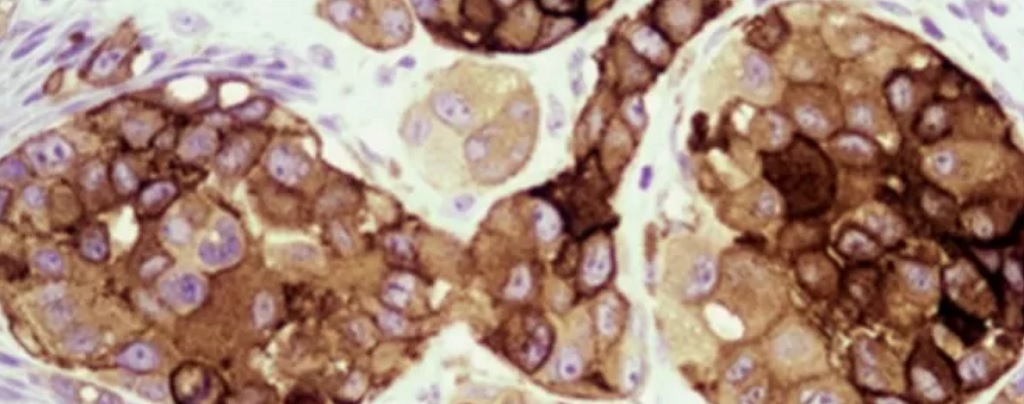These are three teams from Conicet and Cancer with Science, from the Sales Foundation. One is working to promote the Vaccimel therapeutic vaccine against melanoma. Another revolves around the study of the Galectin-1 protein, present in a large number of tumors; and the third studies the behavior of the hormone progesterone and its implications in some types of breast cancer.
Scientists are working on a cure for cancer through a vaccine and immunotherapy. Photo: Telam.
three teams of scientists of the National Council for Scientific and Technical Research (Conicet) y Cancer with Science, from the Sales Foundation, they work around the immunotherapy for cancer treatment through a vaccine, in new breast cancer therapies and in studying the role of a protein, Conicet informed.
–
One such advance is the Vaccimel therapeutic vaccine, which “has been shown to activate a strong immune response against melanoma”, after decades of research, said Dr. José Mordoh, leader of the team of scientists.
–
The vaccine has obtained approval from the National Administration of Medicines, Foods and Medical Technologies (Anmat) to start the latest phase of the clinical trial and is expected to be available for the treatment of melanoma by the end of this year. , the most serious skin cancer.
“The interesting thing about the study is that we were also able to determine that Vaccimel treatment is compatible with so-called ‘immune checkpoint inhibitors’. a type of immunotherapy that has been shown to dramatically improve the outlook for these patients in recent years, ”Mordoh said.
(Doctor José Mordoh, head of the group of scientists). Photo: Telam.
He added that “the combination of both treatments is safe and would improve the immune response against this aggressive skin cancer.”
In this way, the results showed that patients treated with Vaccimel had a relapse at 96 months, while 50% of patients treated with interferon (a natural substance that helps the immune system fight cancer) did so at 13. months. , while the vaccine inhibited tumor metastasis to other organs.
Another research group, led by Dr. Gabriel Rabinovich, revolves around the study of Galectin-1, a protein found in a large number of cancers, including melanoma, lung cancer and breast cancer, and is responsible for evading the attack on the disease by the immune system itself.

(“The combination of both treatments is safe and would improve the immune response against this aggressive skin cancer,” Mordoh said). Photo: Telam.
This work will allow, in the medium term, to deepen “the incorporation of new tools so that the immune system is activated in diseases in which its action is reduced, such as cancer and others”Rabinovich explained.
In turn, he added, the production of antibodies is also analyzed “to block the molecules that inhibit the immune system, so that it activates and fights tumors”.
Finally, the third research group studies the behavior of the hormone progesterone and its implications in some types of breast cancer.
The research manager, Dr. Claudia Lanari, has submitted an application for the first time in the world that progesterone could cause breast cancer, when it was believed that only the hormone estrogen generates it.
With the ongoing clinical trial, the team prepares to evaluate the therapeutic effect of an anti-progestin on a select group of breast cancer patients.
Faced with these advances, it will be possible to develop “diagnostic methods that help choose patients who respond to this treatment,” Lanari concluded.
–


